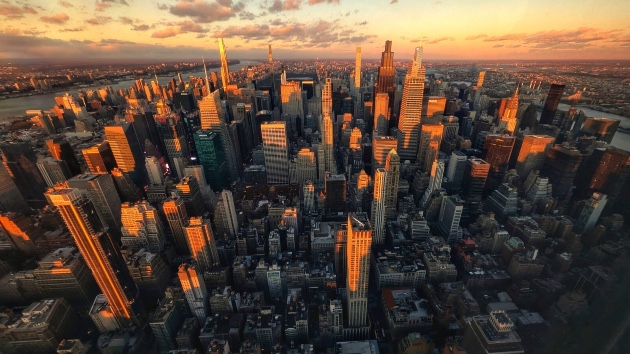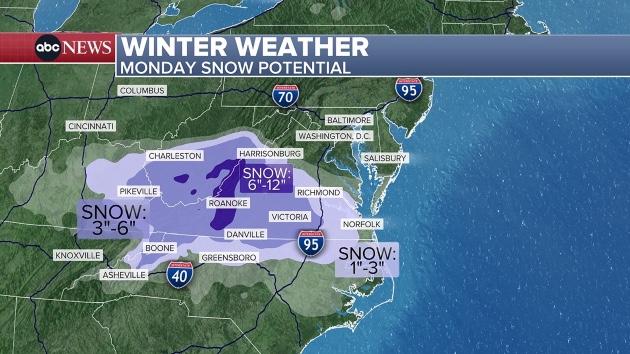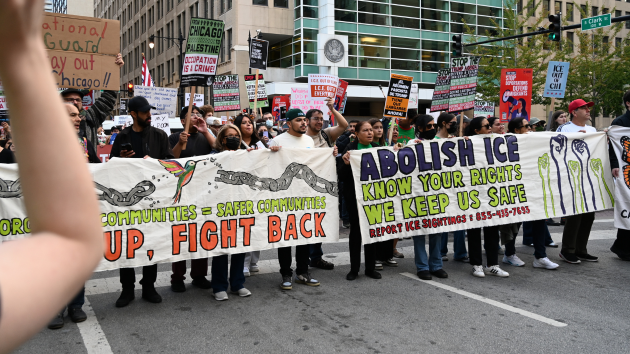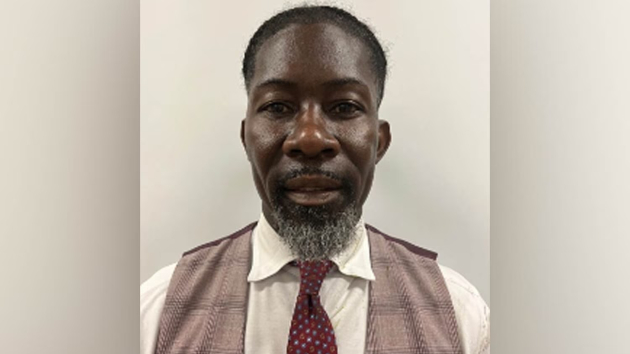Illinois files lawsuit to block deployment of National Guard
Written by ABC Audio ALL RIGHTS RESERVED on October 6, 2025
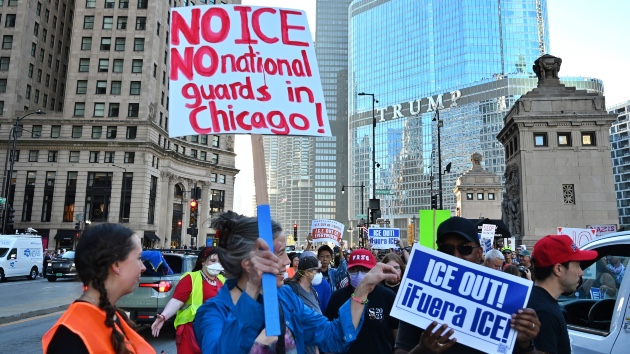
(CHICAGO) — The state of Illinois and city of Chicago filed a lawsuit Monday morning seeking to block President Donald Trump’s federalization and deployment of the National Guard.
“The American people, regardless of where they reside, should not live under the threat of occupation by the United States military, particularly not simply because their city or state leadership has fallen out of a president’s favor,” the complaint said.
The foundational principle separating the military from domestic affairs is “in peril” as President Trump seeks to deploy the National Guard to cities across the country, lawyers for Illinois and Chicago wrote in a lawsuit.
The plaintiffs’ attorneys are asking a federal judge to issue an order blocking any state’s National Guard from being federalized and deployed to Illinois, arguing the state is being targeted because its “leadership has fallen out of a president’s favor.”
“There is no insurrection in Illinois. There is no rebellion in Illinois. The federal government is able to enforce federal law in Illinois. The manufactured nature of the crisis is clear,” according to the 69-page complaint.
Attorneys for Illinois and Chicago argue that Trump has failed to justify taking over the National Guard based on federal law — which allows a federalization in response to a rebellion or invasion — and violates the Posse Comitatus Act prohibiting the use of the military in domestic law enforcement.
“Defendants’ unlawful deployment of the Illinois National Guard, over the objection of the state, is similar to the unlawful course of conduct they have taken against other disfavored states and cities,” the complaint said.
The lawsuit cites Trump’s social media posts about sending militarized law enforcement to Chicago — including a post in which he said, “I love the smell of deportations in the morning” — and his recent comments about using Democratic-led cities “as training grounds for our military.”
The lawsuit comes after a federal judge blocked Trump from sending National Guard troops to Oregon, where protesters have gathered in a one-block area surrounding the U.S. Immigration and Customs Enforcement building in Portland.
In the ruling issued on Saturday, U.S. District Judge Karin Immergut granted a temporary restraining order sought by California and Oregon.
“This country has a longstanding and foundational tradition of resistance to government overreach, especially in the form of military intrusion into civil affairs,” Immergut wrote.
“This historical tradition boils down to a simple proposition: this is a nation of Constitutional law, not martial law,” the judge said.
Immergut, who Trump appointed to the U.S. District Court for the District of Oregon during his first term, issued the ruling a day after Trump authorized the deployment of 300 Illinois National Guard to Chicago to protect federal officers and federal assets in the city.
Trump has described both Portland and Chicago as being overrun by violence and unrest. He has characterized both cities as “war zones.”
But the governors of both Oregon and Chicago have countered that Trump has greatly exaggerated the violence in those cities to justify his actions.
Amid escalating tensions in Chicago over the Trump administration’s immigration crackdown, U.S. Customs and Border Patrol agents on Saturday shot and wounded a woman they alleged was part of a convoy of protesters that rammed their vehicles during an “ambush.”
Department of Homeland Security Secretary Kristi Noem said Border Patrol agents opened fire on the woman in self-defense, alleging she was armed with a semiautomatic weapon and was driving one of three vehicles that “cornered” and rammed the CBP agents’ vehicles.
In a second incident in Chicago on Saturday, a man was taken into custody after he allegedly rammed a CBP vehicle in an attempt to run it off the road, according to the DHS.
Trump ignited a war of words with Illinois and Chicago leaders in early September when he suggested sending National Guard troops to the Windy City, saying in a social media post, “Chicago is about to find out why it’s called the Department of War.”
In the post, Trump added, “I love the smell of deportations in the morning,” a nod to the often-quoted line “I love the smell of napalm in the morning” from the war film “Apocalypse Now.”
Trump initially insisted that he was waiting for Chicago officials to ask for the federal government’s help before sending in the National Guard.
Illinois Gov. JB Pritzker made clear in a September news conference that he would not make such a request, telling reporters, “When did we become a country where it’s okay for the U.S. president to insist on national television that a state should call him to beg for anything, especially something we don’t want?”
On Monday morning, Chicago Mayor Brandon Johnson signed an executive order creating “ICE Free Zones” in the city.
The mayor’s order prohibits federal immigration agents from using city-owned property in their immigration enforcement. The order also invites local business owners and community organizations to join the city’s effort to “safeguard our communities, while advancing measures to rein in the reckless behavior of federal immigration agents.”
“With this Executive Order, Chicago stands firm in protecting the Constitutional rights of our residents and immigrant communities and upholding our democracy,” Johnson said in a statement.
“We will not tolerate ICE agents violating our residents’ constitutional rights nor will we allow the federal government to disregard our local authority. ICE agents are detaining elected officials, tear-gassing protestors, children, and Chicago police officers, and abusing Chicago residents,” Johnson said. “We will not stand for that in our city.”
Copyright © 2025, ABC Audio. All rights reserved.
 KVSP
KVSP 